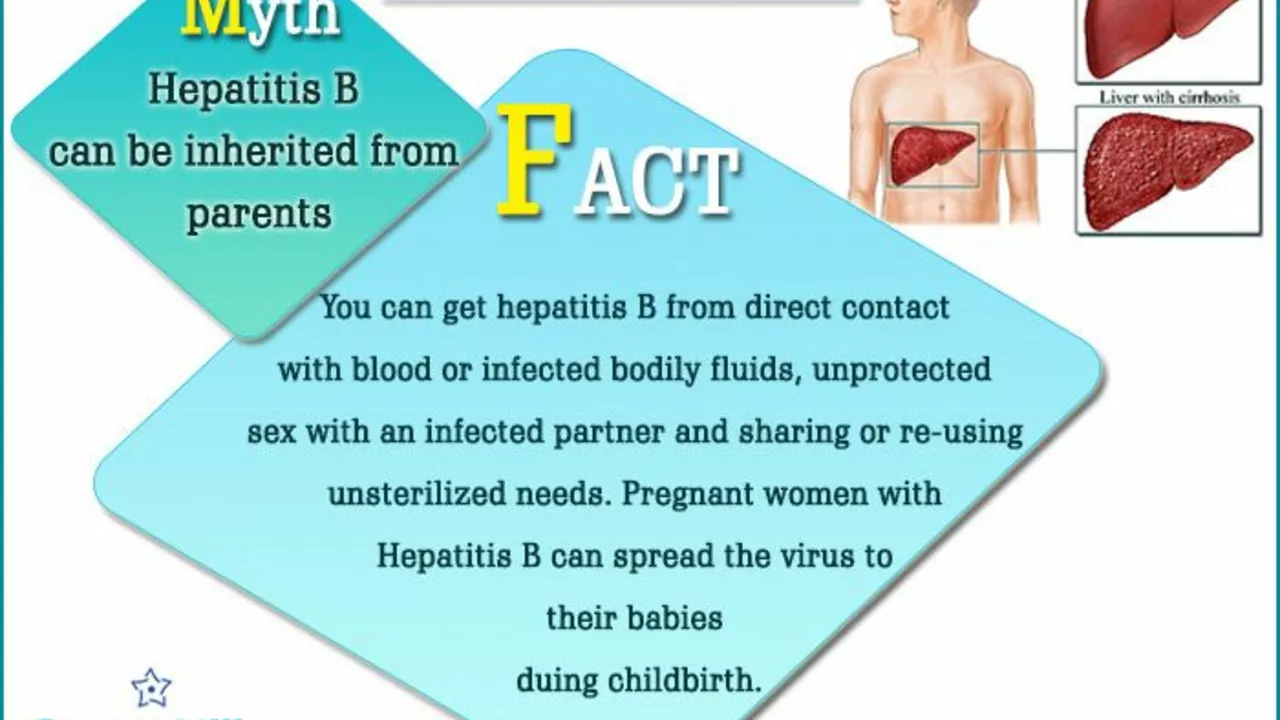Hepatitis C Management: Practical Tips and Treatment Guide
If you or someone you know has been diagnosed with hepatitis C, the first thing that comes to mind is probably a lot of medical jargon. The good news is that managing this virus isn’t as scary as it sounds. Most people can clear the infection with modern antivirals and keep their liver healthy by following a few simple rules.
Choosing the Right Treatment
Today’s standard care is direct‑acting antiviral (DAA) therapy. These pills target the virus directly, work in 8–12 weeks for most patients, and have far fewer side effects than older regimens. Your doctor will look at your genotype, liver condition, and any other health issues before picking a combo.
Ask your prescriber about the exact dosage schedule and whether you need to take the medication with food. Most DAAs are taken once daily, but a few require two doses. Setting an alarm on your phone can help you stay consistent.
If cost is a concern, check if your insurance covers the brand or generic version. Many pharmaceutical companies also run patient‑assistance programs that can cut out‑of‑pocket expenses dramatically.
Living Well While on Therapy
While you’re on treatment, keep an eye on your liver health. A simple blood test every few weeks will show if the virus is dropping and how the liver is responding. If you notice unusual fatigue, yellowing of the skin, or dark urine, call your doctor right away.
Alcohol can stress a healing liver, so most clinicians recommend limiting intake to occasional drinks or stopping completely during therapy. Same goes for smoking; quitting improves overall outcomes and helps the medication work better.
Nutrition matters too. Aim for a balanced diet rich in fruits, vegetables, lean proteins, and whole grains. Foods high in antioxidants—like berries and leafy greens—support liver repair. Stay hydrated and avoid processed foods loaded with sugar or trans fats.
Exercise doesn’t have to be intense. A brisk walk, light cycling, or yoga session a few times a week keeps blood flow healthy and reduces stress. If you’re unsure what level is safe, ask your healthcare provider for a personalized plan.
Finally, stick to follow‑up appointments. Even after the virus clears, doctors usually want to see you every six months for a year to make sure the liver stays in good shape. This check‑in is your chance to discuss any lingering symptoms or concerns.
Managing hepatitis C is mostly about staying informed, taking medication as prescribed, and caring for your liver with smart lifestyle choices. Follow these steps, keep communication open with your provider, and you’ll give yourself the best shot at a full recovery.

The Role of Nutrition in Managing Hepatitis C
In my recent exploration, I delved into the significant role nutrition plays in managing Hepatitis C. It became clear that maintaining a healthy diet not only boosts the immune system but also aids in the management of treatment side effects. Foods rich in antioxidants, fiber, and lean proteins are beneficial while processed foods, alcohol, and excessive fat can worsen liver damage. Additionally, staying hydrated is crucial as it helps maintain energy levels and flush toxins from the body. It's fascinating how the right nutrition can be a powerful ally in fighting this disease!
Read More